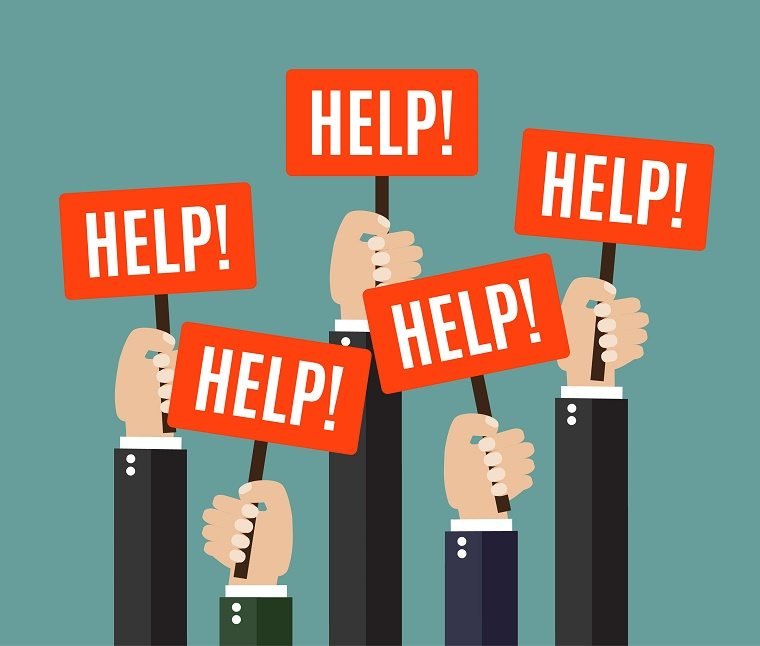You need to know the difference between being a team player and helping co-workers too much.
A study published in the Journal of Applied Psychology shows that helping co-workers as much as possible could lead to emotional drain, mental exhaustion, poor productivity and bad job performance. This is most often the case for workers who care deeply about the happiness of others.
The study, led by Michigan State University associate professor of management Russell Johnson, examined people from various industries. Workers from the fields of engineering, health care and finance completed surveys for 15 days in a row. Each person had one survey to complete in the morning and one in the afternoon.
The survey attempted to measure depletion using a scientifically established scale. Researchers also asked targeted questions about helping co-workers. One such question asked if the subject went out of his or her way to help a co-worker.
The results might put a damper on the “no ‘I’ in team” concept. Helping another person can leave someone drained and unable to perform his or her own tasks. This is especially true for employees who help others a lot.
Researchers recommend that when people need to help others too much, they should try to rebuild their energy levels by taking breaks during the workday. Healthy snacks and even caffeine can also help boost energy for the rest of the day.
The study also states that people who keep asking for assistance, especially from the same person, may unwittingly place a burden on those who are helping them. Perhaps they should ask another person for help the next time, as opposed to asking the same person repeatedly.
Another insight was that a simple “thank you” or acknowledgement of the assistance goes a long way to alleviating the negative effects on the helper. Thanking a co-worker might reverse any mental depletion a person has at the office, simply because a word of thanks is a mental pick-me-up.
Supervisors and managers should take these results to light and develop ways to mitigate any lost production. Supervisors should recognize that it’s okay to ask for help, but everyone at the office should use common sense when it comes to seeking assistance. Team leaders must also realize that simple kindness goes a long way.
If you feel that demands from other people in the office are putting too much of a strain on you and getting in the way of your own work, then you might just need to learn how to say no in a better way and without seeming lazy.

